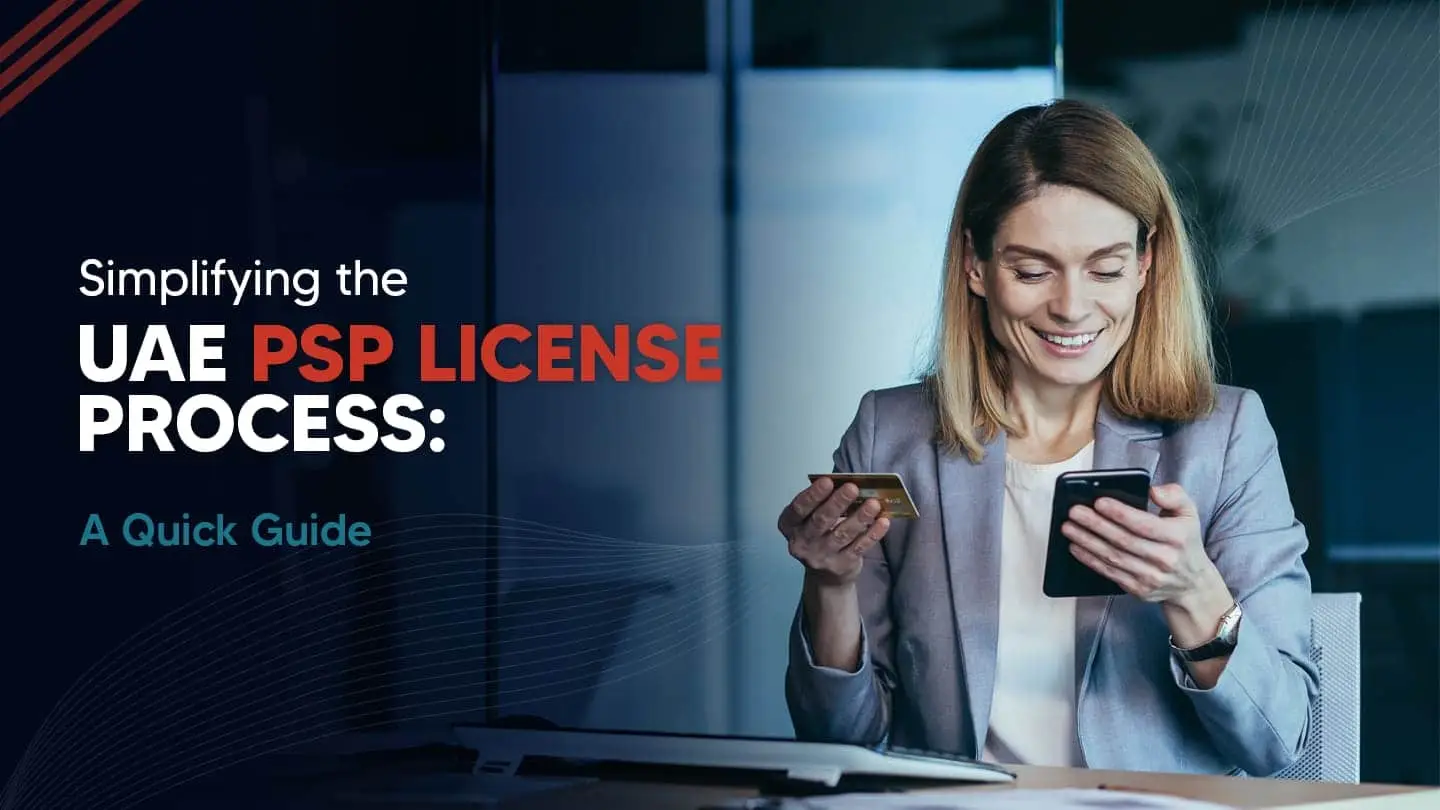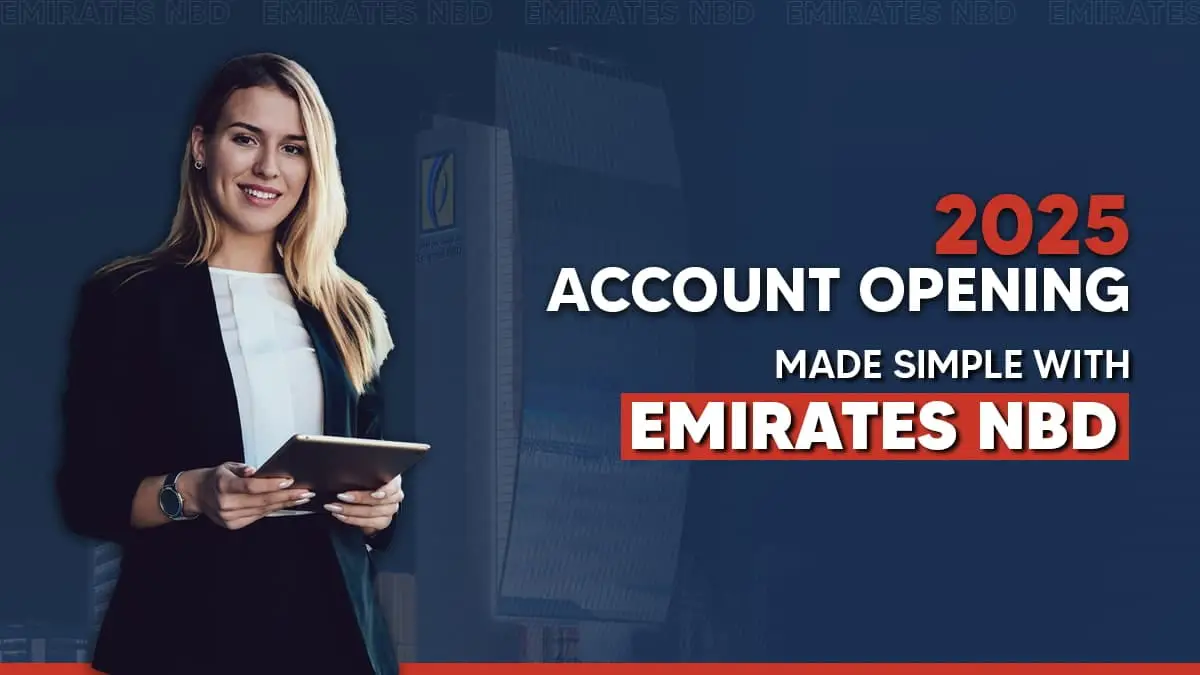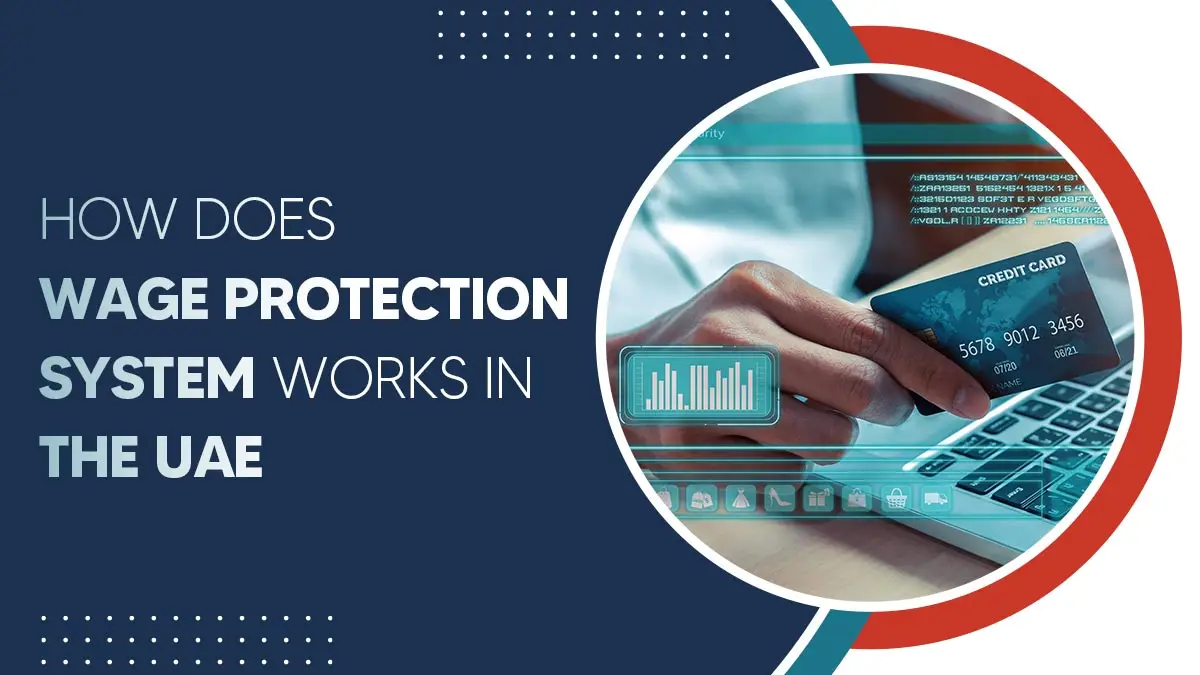If you’re looking to get a PSP license in the UAE, you’re on the right track to entering the growing world of digital payments. A PSP license allows you to offer businesses and consumers online payments, digital wallets, and other payment solutions. The UAE has a transparent and supportive system for businesses in the fintech industry, making it an exciting place to start.
To help you understand this process quickly, we’ll explain everything you need to know about obtaining a PSP license in the UAE. From understanding the basic requirements to the application process, we’ll guide you step by step.
What is a Payment Service Provider?
A Payment Service Provider (PSP) is a company or financial institution that facilitates online business payment processing. It helps them to accept customer payments through various methods. PSPs provide the technology and infrastructure to handle payment transactions, such as credit/debit cards, e-wallets, bank transfers, and other payment methods.
PSPs act as intermediaries between merchants and financial institutions (like banks). It may offer additional services such as fraud protection, recurring billing, and currency conversion. Examples of PSPs include PayPal, Stripe, and Square.
How does PSP Function?
A Payment Service Provider (PSP) is an intermediary between merchants, customers, and financial institutions. Here’s a simplified breakdown of how a PSP operates:
Transaction Initiation
- Customer’s Action: The process begins when a customer purchases goods or services from an online merchant and selects their preferred payment method (e.g., credit card, e-wallet, etc.).
- Merchant’s Setup: The merchant has integrated the PSP’s payment gateway into their website or app to handle the transaction securely.
Payment Authorization
- Data Transfer: The customer enters payment details (e.g., card information) on the merchant’s website. This data is securely encrypted and sent to the PSP’s payment gateway.
- Gateway Communication: The PSP forwards the payment information to the acquiring (merchant’s) bank for further processing.
Payment Processing
- Forwarding to Payment Network: The acquiring bank sends the payment details to the card network (e.g., Visa, MasterCard) or the bank’s payment processor.
- Authorisation Request: The card network or processor forwards the request to the issuing bank (the customer’s bank) to confirm the funds are available and that the transaction is legitimate (fraud prevention).
Transaction Approval or Decline
- Issuing Bank Response: The issuing bank checks if the customer’s account has sufficient funds or credit and sends back an authorisation or decline message.
- Communication Back: This decision is sent back through the card network and acquiring bank to the PSP. Then, the result is sent to the merchant’s system (approved or declined).
Transaction Completion
- Authorisation Confirmation: The transaction is completed if approved, and the funds are temporarily held in the merchant’s account.
- Customer Notification: The customer receives confirmation (order receipt, payment success) from the merchant.
Fund Transfer
- Settling the Funds: After authorisation, the PSP facilitates the transfer of funds from the customer’s bank to the merchant’s bank (after a specific processing time, depending on the payment method).
- Finalisation: Once the funds are transferred, the transaction is considered complete. PSPs often offer reporting tools for merchants to track these transactions.
Post-Transaction Services
- Fraud Protection & Security: PSPs offer tools like encryption, tokenisation, and fraud detection systems to ensure that payments are secure.
- Dispute Resolution: If a customer challenges a transaction (chargeback), the PSP may assist in resolving the issue between the customer and the merchant.
In summary, a PSP provides the infrastructure and tools to process, authorise, and settle payments securely and efficiently, enabling merchants and customers to conduct transactions smoothly.
PSP License Regulations in UAE
Starting a Payment Service Provider (PSP) business in the UAE, like any other business setup. It requires obtaining the appropriate trade license and approvals. The Central Bank of the UAE (CBUAE) regulates the digital payments sector in the UAE.
Below is a simplified guide to help you understand the licensing options for operating as a Payment Service Provider in the UAE.
- DIFC License: Free Zone (Dubai)
- ADGM License: Free Zone (Abu Dhabi)
- Stored Value Facility (SVF) License: Mainland
DIFC License: Free Zone (Dubai)
The Dubai International Financial Centre (DIFC) is one of the leading financial hubs in the UAE. It is regulated by the Dubai Financial Services Authority (DFSA). The types of PSP licenses available here include:
- Category 4 License: Allows money transmission services with a minimum capital of USD 140,000.
- Category 3D License: Covers payment accounts and payment instrument issuance, with a capital requirement of USD 200,000.
- Category 3C License: Required for wallet services, with a capital requirement of USD 500,000.
ADGM License – Free Zone (Abu Dhabi)
The Abu Dhabi Global Market (ADGM) is a prominent financial hub in the MENA region. To conduct payment services within ADGM, you need a PSP license from the Financial Services Regulatory Authority (FSRA). This includes activities like:
- Money transmission and issuing stored value.
- Operating payment accounts and executing payment transactions.
- Providing or operating a payment account.
Capital Requirement: USD 250,000 for a Category 3C license.
Stored Value Facility (SVF) License: Mainland
Introduced in September 2020, the SVF license allows businesses to issue and operate Stored Value Facilities (SVFs) like e-wallet services in the UAE. There are different types of SVF licenses:
- Device-based SVF: Uses physical devices (e.g., prepaid cards, watches).
- Non-device-based SVF: Uses network-based accounts (e.g., mobile e-wallets).
- Single-purpose SVF: For specific non-monetary goods or services (closed-loop systems).
Capital Requirement for SVF License: At least AED 15 million in paid-up capital.
SVF License Requirements:
- The principal business must be issuing SVFs.
- Obtain approval for secondary businesses.
- Ensure sufficient financial resources and implement strong risk management policies.
- Comply with the Central Bank’s AML/CFT regulations.
Whether you want to set up a payment service provider license in Dubai or elsewhere in the UAE, various licensing options are available based on your business model and services. If you’re interested in free zones, the DIFC and ADGM provide flexible options with favourable conditions for PSP businesses.
Types of Payment Service Providers
The UAE regulatory framework for stored values and electronic payment systems recognises four Payment Service Providers (PSPs) types. Here’s a breakdown of each type:
1. Retail PSP
These are authorised business banks and other approved PSPs offering retail, government, and peer-to-peer (P2P) digital payment services. They also facilitate cash remittances, allowing consumers to transfer money digitally. To operate as a retail PSP, entities must acquire a PSP license in the UAE to offer these services legally.
2. Non-giving PSP
These entities do not offer stored value services (i.e., they don’t hold customer funds) but still provide digital payment solutions. They facilitate government, retail, and P2P digital payments but are not involved in storing funds. These PSPs must still comply with the regulatory framework and obtain the appropriate PSP license in Dubai to operate in the UAE market.
3. Government PSP
These PSPs are specifically designed for federal and local government entities, enabling them to provide digital payment solutions for public services, taxes, fines, and other governmental transactions. These services must also be licensed in the UAE, and the PSP license is issued to ensure they meet the necessary regulatory requirements.
4. Micropayments PSP
This type of PSP focuses on offering payment solutions for smaller transactions, often catering to the unbanked and under-banked populations. Micropayments PSPs facilitate digital payments for low-value transactions, typically through mobile wallets or other online platforms. Businesses offering such services must obtain a PSP license in Dubai to comply with local regulations.
To operate legally in the UAE, businesses need the relevant PSP license in Dubai or the UAE, depending on their operations and services. This licensing ensures compliance with the country’s financial regulations and facilitates secure, reliable digital transactions.
How to Obtain a PSP License in the UAE
To obtain a PSP license in the UAE (Payment Service Provider license), businesses must go through a specific regulatory process set by the UAE government to offer payment services legally. Here’s a step-by-step guide on how to obtain a payment service provider license in the UAE:
Step 1: Understand the Regulatory Framework
The UAE Central Bank is the primary authority that regulates payment service providers (PSPs) in the country. Businesses must comply with the regulations set forth by the Central Bank to operate legally as a payment service provider in the UAE.
Step 2: Eligibility Criteria
The applicant company must meet specific eligibility requirements, such as:
- Being a registered legal entity in the UAE (typically in Dubai or another emirate).
- Having adequate infrastructure to offer payment services (such as secure payment gateways or financial platforms).
- Meeting capital requirements as set by the Central Bank.
Step 3: Choose the Right Business Setup
Decide whether to set up your business in a free zone, mainland, or offshore, as this can impact the licensing process:
- Dubai: Setting up a business in Dubai allows you to obtain a PSP license in Dubai. It enables you to operate within the city and across the UAE.
- Free Zones: Several free zones in the UAE also offer payment service provider licenses, but the restrictions vary by zone.
Step 4: Prepare the Required Documents
The documents typically required include:
- A Business plan
- AML and KYC compliance proof.
- Company formation documents include the Memorandum of Association (MOA) and Articles of Association (AOA).
- Identification documents for all shareholders and directors.
Step 5: Submit the Application to the UAE Central Bank
Apply for a payment service provider license in the UAE to the Central Bank, along with the required documentation. This application will be reviewed for compliance with UAE laws and financial regulations.
Step 6: Obtain Approval from the Central Bank
After the submission, the Central Bank will review your application. Once approved, you will be granted the PSP license in the UAE. It allows you to offer payment services legally within the country.
Step 7: Comply with Ongoing Regulations
Once licensed, you must comply with the UAE’s ongoing regulatory requirements, including regular audits, reporting, and maintaining AML and KYC standards.
Step 8: Start Operations
Once you have obtained your payment service provider license in Dubai or elsewhere in the UAE, you can begin offering your payment solutions to clients.
Following these steps, you can obtain a PSP license in the UAE and offer payment services in Dubai and beyond.
PSP License UAE Requirements
To obtain a PSP license in Dubai, the following requirements must be met:
- Company Structure: A UAE-based company or branch in a Free Zone or DIFC.
- Application: Submit a business plan, demonstrate financial stability, and pass a fit-and-proper test for key personnel.
- Capital: Minimum capital requirements range from AED 1 million to AED 5 million.
- Compliance: Strong AML, KYC, and data protection measures.
- Technology: Secure payment systems and data protection in place.
- Ongoing Obligations: Regular audits and financial reporting.
- Regulatory Oversight: Compliance with Central Bank of the UAE or DFSA regulations.
PSP License UAE Cost
The PSP license UAE cost involves both an application fee and license fees, with prices typically starting from around USD 15,000*. This includes the initial application process and the associated licensing fees for businesses offering payment services in the UAE.
It is essential to consider that the PSP license UAE fees may vary depending on specific requirements, the nature of the business, and the free zone or regulatory authority involved. If you want to know the exact cost, you can contact our Shuraa business setup experts.
Obtain Your PSP License in the UAE with Shuraa!
In conclusion, getting a PSP license in the UAE is essential for digital payment services businesses. The straightforward process allows firms to operate in a safe, regulated environment that builds customer trust. Following the steps and meeting local regulations, businesses can successfully get their PSP license in the UAE and offer payment solutions.
For help with the process, contact us at +97144081900, send a WhatsApp message to +971507775554, or email [email protected] for quick assistance.







